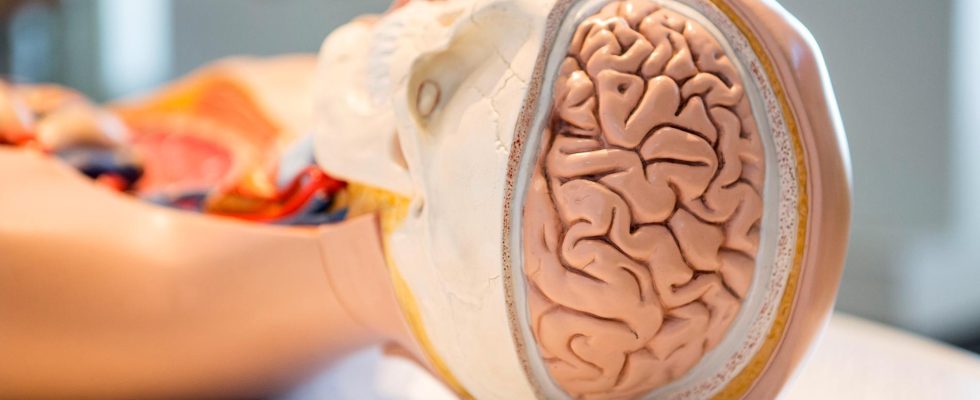With new technology, researchers in the United States have succeeded in interpreting and converting brain activity into speech in a faster and more accurate way. In addition, with a larger vocabulary than was previously possible.
People with neurological impairments after, for example, a stroke, as well as people affected by ALS, often suffer from speech difficulties due to paralyzed muscles. Previous studies have shown that it is possible to interpret brain activity in a paralyzed person, but only with limited speed, precision and vocabulary.
Now researchers at Stanford University have developed a so-called brain computer interface (BCI), which collects the activity of selected cells with a series of electrodes placed in the brain. Using the device, a patient with ALS was able to communicate at an average rate of 62 words per minute, which is 3.4 times faster than the previous record for a similar device.
The frequency of word errors was also significantly lower than previously measured, according to the study published in Nature.
In a parallel study, researchers have used another BCI-based method to access brain activity. There, electrodes placed on the surface of the brain have recorded the activity of cells in the speech center of the cerebral cortex.
Using avatars, the researchers created a deep learning model to decipher the data collected from a patient with severe paralysis caused by a stroke.
When she tried to speak complete sentences silently, the brain-to-text translation generated a median speed of 78 words per minute, which is 4.3 times faster than the previous record. Thus, the speed approaches natural conversation.
